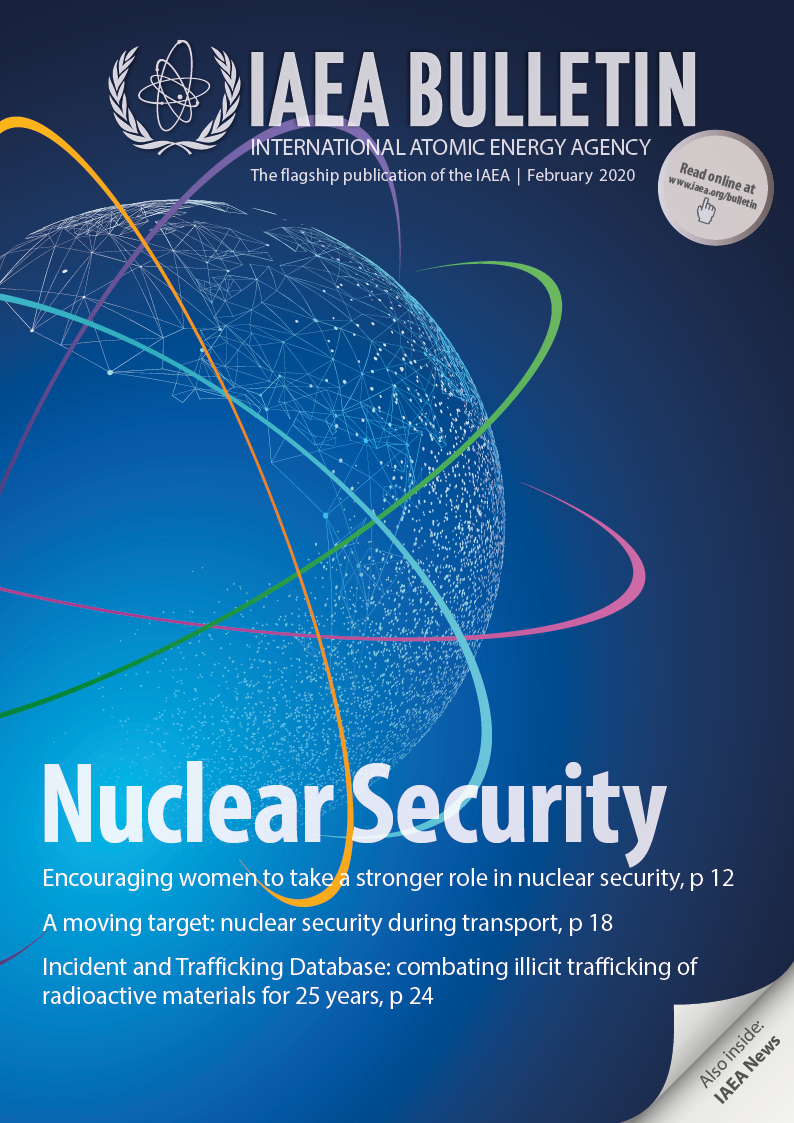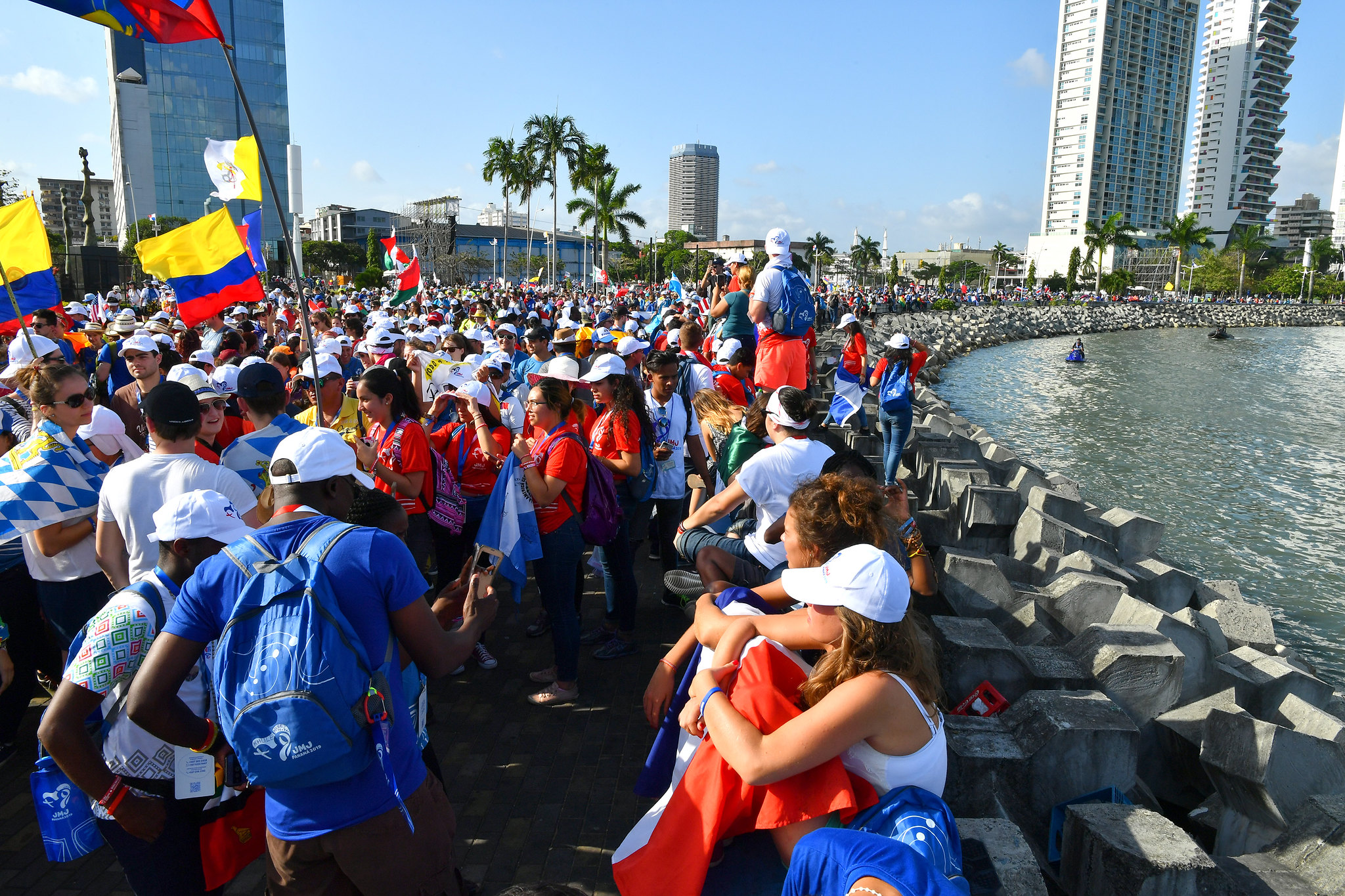Protecting cheering fans, heads of state or global leaders from the threat of a dirty bomb is the aim of integrating nuclear security into the overall security arrangements for major public events. While the primary goal of these efforts is to bolster security at the event itself, they also bring long-term benefits to a country’s overall nuclear security regime.
“For many countries, major public events are a catalyst that makes authorities focus on and prioritize nuclear security,” said Raja Abdul Aziz Raja Adnan, Director of the IAEA’s Division of Nuclear Security. “Such an event may be a target for malicious uses of nuclear or radioactive material that may have been stolen, therefore prompting countries to reassess these threats.”
Nuclear security plays an important role in ensuring the success of a major public event. Measures must be taken to prevent malicious use of nuclear and other radioactive material that has gone missing. The spread of radioactive material at such an event could have a serious impact on people and the environment, including severe social, psychological, political and economic consequences.
When preparing the nuclear security arrangements for a major event, authorities must address factors such as establishing an organizational and coordination structure, threat assessment and mobilizing human and financial resources. The authorities must also ensure access to radiation detection equipment, as well as establish and strengthen relationships between, for example, scientists, security experts, first responders and law enforcement agencies. Upon request by a country, the IAEA supports these efforts.
“When going through the steps of planning and integrating nuclear security measures and systems into the overall security plan for a major event, authorities are exposed to every essential element of a robust national nuclear security regime,” said Elena Paladi, Nuclear Security Officer at the IAEA. “As they identify and address nuclear security gaps and challenges when preparing for the event, they also strengthen the country’s overall nuclear security efforts.”
The long-term benefits of these activities include a greater awareness of nuclear security at all levels of the national security system, stronger detection and response capabilities and structures and increased interoperability between the relevant authorities.

